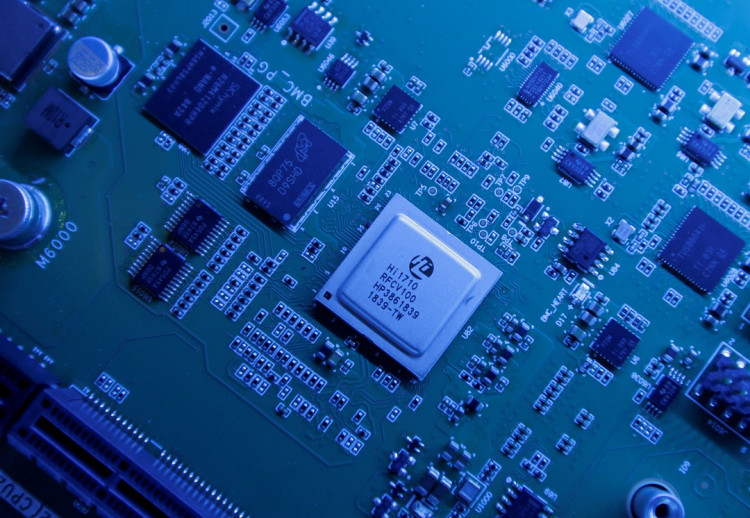One of Apple's largest component suppliers has revealed plans of opening up new facilities outside of China as a measure to avoid the effects of the ongoing trade dispute between China and the United States.
Taiwanese electronics manufacturer Pegatron Corporation announced that it will be diversifying its manufacturing with the establishment of its first factory in Indonesia.
The company's factory will be located in a free trade zone on the Batamindo Industrial Park on the island of Batam.
The facility will reportedly cost around $40 million and will feature over 97,000 square feet of floor space. The factory will mainly be producing semiconductors and wireless chips for various routers.
As part of its diversifying efforts, Pegatron also announced that it will be expanding its current partnership with Indonesian electronics manufacturer PT Sat Nusapersada Tbk.
Pegatron apparently intends to lease more production space from the Indonesian firm, which is currently setting up a new factory complex that is slated to be completed by the end of the year.
Despite increased sentiments for a possible positive outcome on the ongoing trade dispute between China and the United States, major electronics firms have still been actively diversifying their supply chains in case of a worst case scenario.
US President Donald Trump is scheduled to meet with Chinese President Xi Jinping this weekend on the sidelines of the ongoing G20 Summit in Japan. The upcoming meeting has sparked hopes of a possible trade war truce and a likely end to the tit-for-tat tariffs between the two countries.
The outcome of the meeting is expected to have wide-reaching repercussions in the already strained relations between both nations, likely resulting in the improvement or the disruption of the global supply chain.
The amount of Chinese exports to the United States and the amount of American goods being exported to China has significantly dropped since the trade negotiations had halted.
The sharp drop in export and import figures between both nations is attributed to Trump's recently imposed tariff hikes on more than $300 billion worth of Chinese goods. The tariff rates for these goods were increased from 10 percent to 25 percent. China then responded with its own tariff hikes on US-made imports.
Trump has since threatened to impose tariffs on an additional $300 billion worth of Chinese goods. Tensions between both nations further escalated when the Trump administration included the Chinese tech giant Huawei as part of the country's trade blacklist.
As uncertainty in the trade relations between two of the world's largest economies increased, major corporations have laid out plans to compensate. Major multinational corporations, as well as some Chinese companies, have begun to shift their production to other Southeast Asian countries such as Vietnam, Indonesia, and Malaysia.






